
With a so-called "international arbitration" to be decided by the Arbitral Tribunal on the South China Sea, more and more countries around the world have expressed support for China in the arbitration unilaterally initiated by the Philippines and for China's stance on the South China Sea disputes.
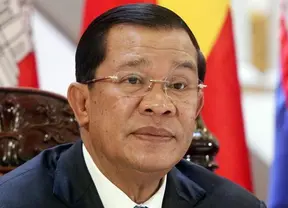
Cambodia and Myanmar fully supported all parties concerned to negotiate with each other peacefully to resolve their disputes over South China Sea, Cambodian Prime Minister Samdech Techo Hun Sen said on Monday.

China will hold military exercises this week in the South China Sea ahead of an international court ruling on territorial claims in the South China Sea.

At a time of heightened tension in the South China Sea, Washington and its allies have launched publicity campaigns against China, repeatedly using the "bully" tag to refer to China and its activities in the region.
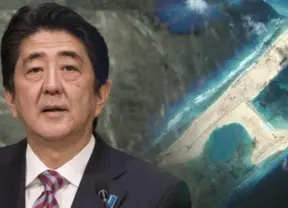
Despite Beijing's repeated call that outsider countries play a constructive role on the South China Sea issue, Tokyo seems to have stepped up its meddling moves, at the cost of regional stability and without giving any thought to its relations with China.

As an honest and responsible power, China has always abided by international law and basic norms governing international relations, and will continue to do so in the South China Sea issue while safeguarding its territorial sovereignty.
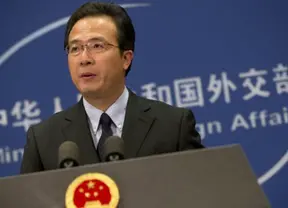
China on Friday called on the Philippines to work with China to use the power of negotiation to solve disputes on the South China Sea.
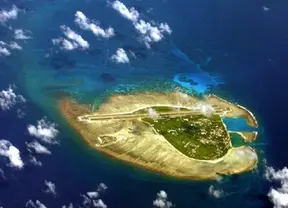
Whilst an arbitral tribunal itself in dispute will decide on the South China Sea case on July 12, observers believe that the arbitration will not help solve the dispute, and that the problem will not be resolved until the Philippines returns to the negotiating table.

The United Nations Convention on the law of Sea (UNCLOS) has not resolved every past global dispute and neither will it for the South China Sea arbitration the Philippines has unilaterally initiated in The Hague.
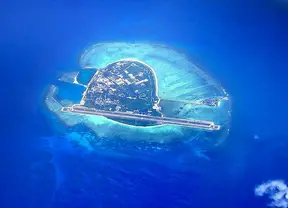
China is defending not only its territorial sovereignty but world peace and stability when fighting against the obstinacy displayed in the South China Sea arbitration.
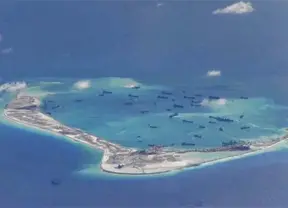
Following are remarks by Hong Lei, spokesperson for the Ministry of Foreign Affairs of the People's Republic of China, on the Arbitral Tribunal's claim that it would soon issue the so-called final award of the South China Sea arbitration unilaterally initiated by the Philippines.
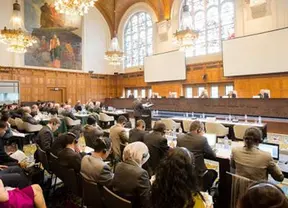
An arbitral tribunal with widely contested jurisdiction will issue an award on July 12 on the South China Sea case unilaterally initiated by the Philippines, the Permanent Court of Arbitration (PCA) in The Hague said on Wednesday.

The South China Sea arbitration unilaterally initiated by the Philippines does not hold water from a legal standpoint and will not put an end to the South China Sea disputes, but only worsen them.
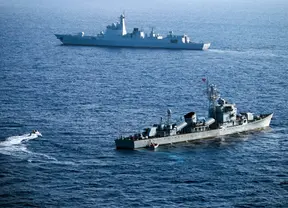
China and the Philippines should engage in "constructive" dialogue to solve their dispute in the South China Sea as conflicts are "destructive" to all sidess, some experts said.Arbitration cannot solve the South China Sea dispute between China and the Philippines.
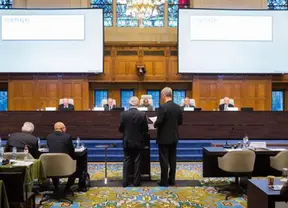
In an op-ed recently carried by the French daily Le Figaro, Chinese Ambassador to France Zhai Jun has reiterated the country's stance that China does not accept the arbitration on the South China Sea issue.
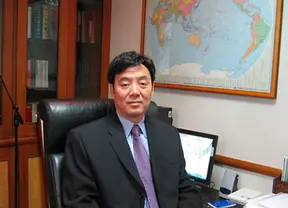
In an op-ed recently carried by the French daily Le Figaro, Chinese Ambassador to France Zhai Jun has reiterated the country's stance that China does not accept the arbitration on the South China Sea issue.
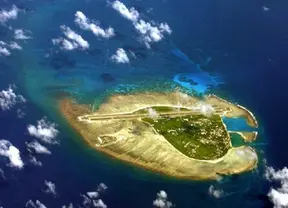
Foreign officials, experts and organization have pointed out that the only way to a fundamental solution of the South China Sea issue is through negotiations by the parties directly involved.